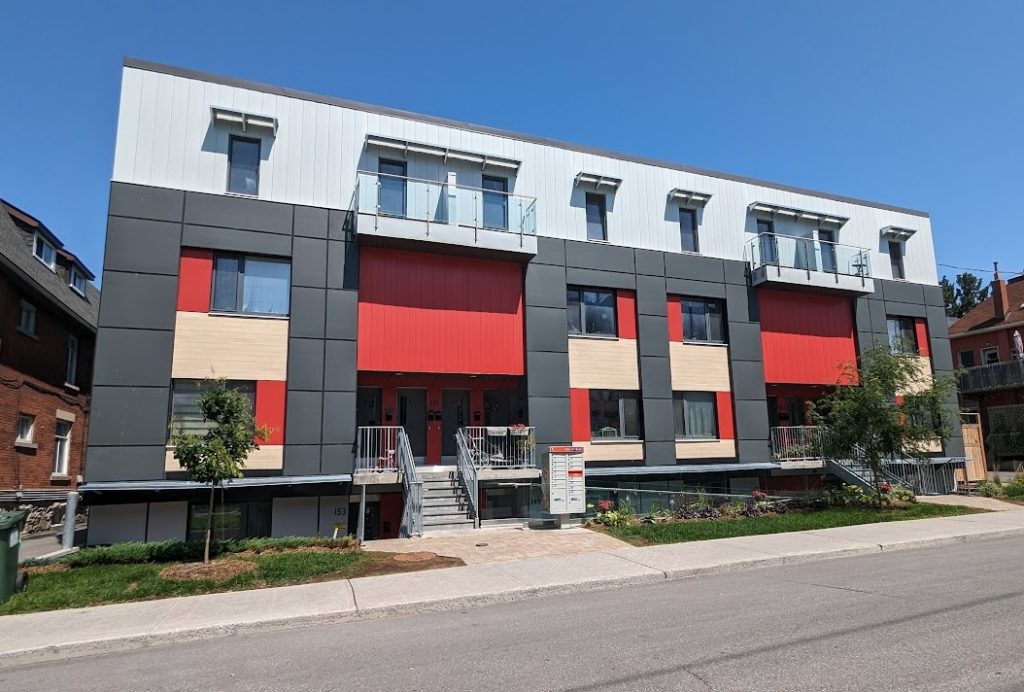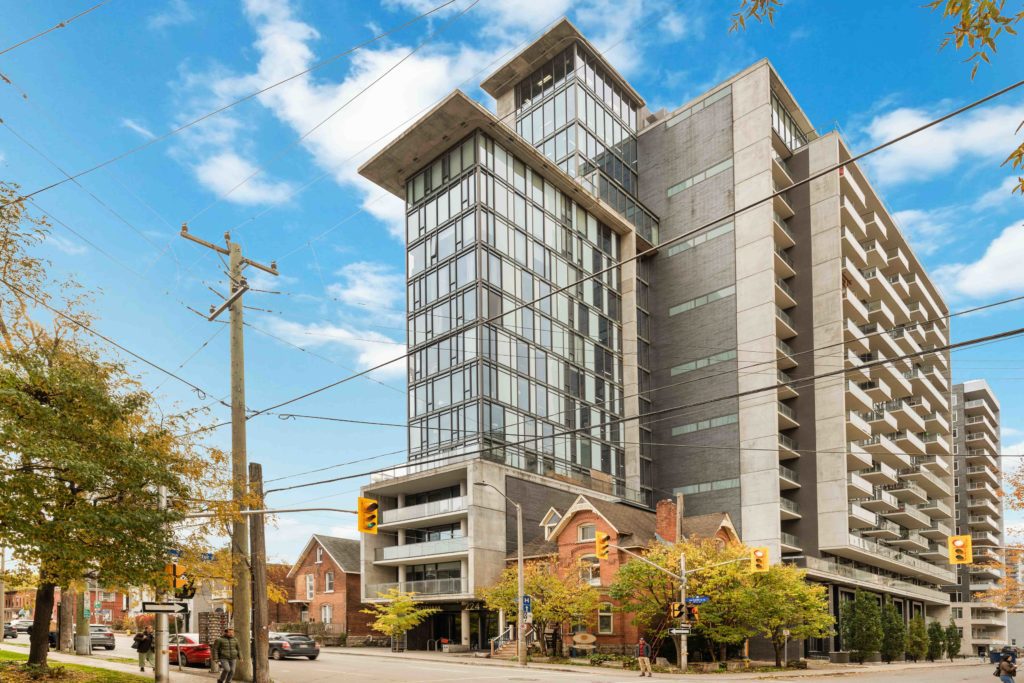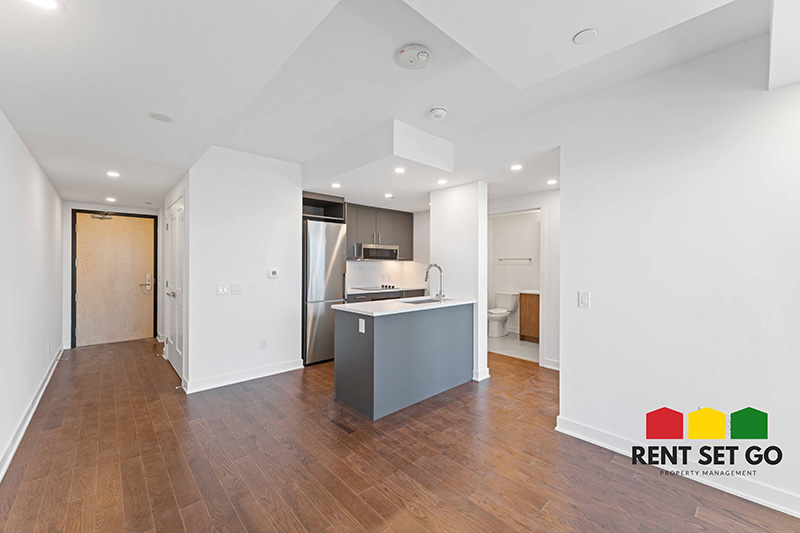Ottawa, the picturesque capital city of Canada, is renowned for its vibrant culture, historical significance, and bustling political activity. Yet, beneath the serene beauty and governmental buzz, there’s a pressing concern gripping its residents: the steadily rising rent prices. In recent years, Ottawa has seen a significant hike in rental costs, making it a topic of growing concern for both current and prospective tenants.

This phenomenon isn’t isolated. Cities across Canada are grappling with similar issues, but Ottawa’s situation presents unique facets worth exploring. What drives these soaring prices in a city known for its stable government employment and family-friendly neighborhoods? Is it the economic prosperity and influx of high-income earners, or are there deeper, systemic issues at play?
In this article, we delve into the multifaceted reasons behind Ottawa’s expensive rental scene. We’ll explore the economic indicators, real estate market dynamics, government policies, and compare Ottawa’s situation with other major Canadian cities. Our aim is to provide a comprehensive understanding of why renting in Ottawa is becoming increasingly costly, offering insights for both renters and policymakers alike.
Economic Factors Influencing Rent Prices
Ottawa’s Economic Landscape and Its Impact on Rental Prices
Ottawa, often perceived primarily as the political heart of Canada, has a surprisingly diverse economy. The city’s economic landscape is marked by a robust public sector, a thriving technology sector, and a growing number of private businesses. This economic diversity not only enhances the city’s attractiveness but also significantly influences its rental market.
Employment Rates and Average Income

One of the primary drivers of high rent in Ottawa is its relatively stable employment rate, especially in government and technology sectors. These industries offer well-paying jobs, leading to an influx of professionals with higher disposable incomes. This demographic shift pushes the demand for quality rental accommodations, inadvertently driving up rent prices. Moreover, Ottawa’s average income levels are higher compared to many other Canadian cities, further fueling the rental market’s competitiveness.
Economic Growth and Development
Ottawa’s continuous economic growth has led to increased development activities, including new residential and commercial projects. This growth often translates to higher property values, which landlords may reflect in their rental pricing. Additionally, as the city expands, areas that were once considered outskirts are now becoming desirable due to their proximity to new infrastructures and job opportunities, thus escalating the rent in these regions.
The Role of Economic Prosperity
The economic prosperity of Ottawa cannot be overlooked when discussing rental prices. A prosperous economy attracts more businesses, students, and professionals, all needing places to live. This increased demand for housing in a relatively limited supply market leads to higher rental prices. Furthermore, the city’s economic stability makes it a safe investment for real estate investors, who often purchase properties to rent out, sometimes at premium rates.
Real Estate Market Dynamics
Housing Supply vs. Demand in Ottawa
The crux of Ottawa’s rental market dilemma lies in a classic economic scenario: supply versus demand. Ottawa, with its growing population, has witnessed an increasing demand for housing. This demand is fueled by the city’s economic stability, quality of life, and the influx of new residents, including immigrants, students, and professionals. However, the supply of rental properties hasn’t kept pace with this burgeoning demand, leading to a tight rental market and, consequently, higher prices.

Impact of Real Estate Investments
Real estate investments play a significant role in shaping Ottawa’s rental landscape. With the city’s stable economy and promising growth prospects, it has become a hotspot for investors. These investors, ranging from individuals to large corporations, often purchase properties with the intention of renting them out. This trend has led to a significant portion of housing being owned for rental purposes, which sometimes drives up rental costs, especially in high-demand areas.
Developments and Their Influence on Rental Prices
Development projects in Ottawa, including new residential complexes and infrastructure improvements, are reshaping the city’s landscape. While these developments are crucial for accommodating the growing population, they also impact rental prices. Newer properties, offering modern amenities and facilities, often come with higher rental tags. Additionally, the development of infrastructures like transit lines can increase the desirability and, consequently, the cost of living in nearby areas.

The Dichotomy of Urban vs. Suburban Rentals
In Ottawa, there’s a noticeable dichotomy between urban and suburban rental markets. The urban areas, particularly downtown and near major employment hubs, command higher rents due to their proximity to amenities, universities of colleges and workplaces. Conversely, suburban areas, while generally more affordable, are witnessing a rise in rents as well due to improved connectivity and the development of local amenities.
Government Policies and Rent Control
Overview of Rent Control in Ottawa
Rent control is a significant factor in the rental market of any city, and Ottawa is no exception. In Ontario, rent control regulations limit how much landlords can increase rent each year for existing tenants. However, these regulations only apply to buildings constructed before November 2018, leaving newer properties exempt. This exemption allows landlords of newer buildings to set rents at market rates, which can be significantly higher than controlled rates.
Government Policies Affecting the Rental Market
Government policies, beyond rent control, also play a crucial role in the rental market. Zoning laws, development charges, and housing policies can either encourage or hinder the development of new rental properties. In Ottawa, efforts to stimulate the development of affordable housing are ongoing, but the pace of development often lags behind the demand, contributing to higher rent prices.
Impact on Landlords and Renters

Landlords in Ottawa, especially those with properties not subject to rent control, are at liberty to set rents based on market dynamics. This situation can lead to a wide disparity in rental prices within the city. For renters, this means facing a market with limited affordable options, especially in desirable neighborhoods or newer buildings.
The Balance Between Regulation and Market Freedom
Finding the right balance between regulation and market freedom is a delicate task for policymakers. Too much regulation can discourage investment in rental properties, while too little can lead to unaffordable rent prices for average residents. Ottawa’s challenge lies in creating policies that ensure a fair rental market while encouraging the development of new housing to meet demand.
Comparative Analysis with Other Major Cities
Ottawa vs. Other Canadian Cities: A Rental Perspective
When comparing Ottawa’s rental market with other major Canadian cities like Toronto, Vancouver, and Montreal, several interesting patterns emerge. Ottawa, traditionally considered more affordable than Toronto or Vancouver, has seen its rent prices climb, narrowing the gap. This change highlights Ottawa’s growing attractiveness and the increasing demand for housing in the city.
Factors Making Ottawa More Expensive
Several factors contribute to Ottawa’s rental prices being higher than in some other major cities. The city’s stable employment, especially in the public sector, attracts a steady influx of professionals seeking quality housing. Additionally, Ottawa’s smaller size compared to cities like Toronto means less available land for development, creating a tighter market with higher prices.
How Ottawa Stands Out
Ottawa stands out in its blend of urban and suburban living, offering a quality of life that is attractive to many. The city’s green spaces, cultural institutions, and lower crime rates compared to larger cities make it a desirable place to live. However, these factors also contribute to the high demand for rental properties, pushing prices up.
Lessons from Other Cities
Examining how other cities have addressed similar challenges can offer valuable lessons for Ottawa. For instance, the implementation of creative housing solutions in cities like Montreal, or the focus on building more affordable housing units in Vancouver, can provide insights for Ottawa’s policymakers to consider in their efforts to stabilize rental prices.
Understanding Ottawa’s High Rental Market

The high rental prices in Ottawa are a complex issue, influenced by a myriad of factors including economic prosperity, real estate dynamics, government policies, and market comparisons with other Canadian cities. As we’ve seen, Ottawa’s stable job market, particularly in government and tech sectors, coupled with its desirability as a city, has driven demand for housing to new heights. This demand, juxtaposed against a constrained supply of rental properties, has resulted in escalating rental costs.
Government policies, especially those concerning rent control and housing development, play a critical role in shaping the rental landscape. While efforts are being made to introduce more affordable housing, the pace does not fully address the rising demand. Additionally, Ottawa’s rental market dynamics differ significantly from other major Canadian cities, offering unique challenges and opportunities.
In conclusion, understanding the reasons behind Ottawa’s high rental prices is essential for both potential renters and policymakers. It’s a multifaceted issue that requires a balanced approach, combining thoughtful regulation with incentives for new housing development. As Ottawa continues to grow and evolve, so too must its approach to ensuring a fair and sustainable rental market for all its residents.
